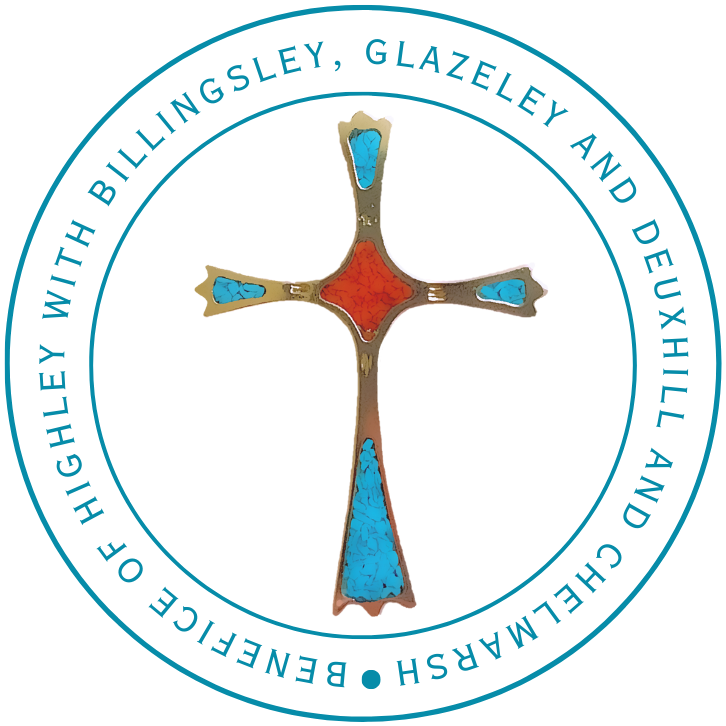I write this just after coming back from Billingsley Church, where 13 of us from all parishes in the benefice gathered for a short service to mark the 80th anniversary of D-Day. It would have been the right thing to do if I had said prayers alone to an empty church, but it was good to be joined by others. Many more will have watched the commemorations on the television, including the prayers offered by chaplains and religious leaders.
For the first time, there is now a British Memorial to the whole of the Normandy campaign. Unlike previous memorials, this has no religious symbols or references; a very 21st century attitude to how we think we should remember. However, I suspect most people will react to the memorial and to the commemorations of this anniversary in a way that is spiritual if not explicitly religious and will have been moved by the prayers. D Day, like many anniversaries of armed conflicts, confronts us with big issues, of good and evil, suffering and death. Whatever peoples views of God, the rites of religion give us the tools to process these. And for those directly involved, this is even more important. A senior army officer recently told the chaplain attached to his unit; “I will go deploy my men in conflict without a medic; I will not deploy them without a chaplain”. There are times when religion matters.
Rev David Poyner

